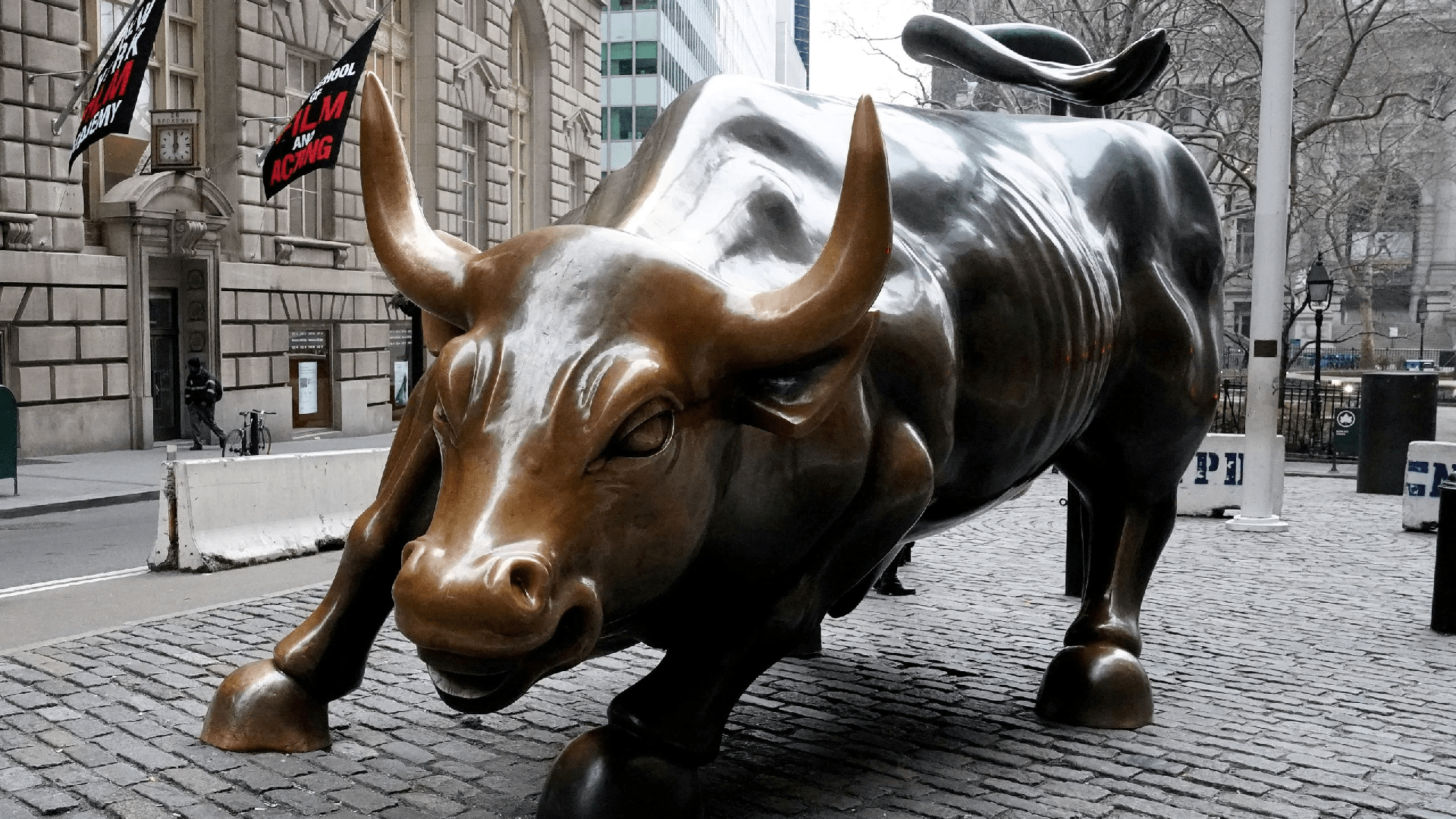CME/FanDuel Deal Greeted Favorably by Wall Street Analysts
Late on Wednesday, CME Group (NASDAQ: CME) and FanDuel, a division of Flutter Entertainment (NYSE: FLUT), announced a joint venture that will provide the sportsbook's patrons with derivatives associated with financial events. Regarding the news, Wall Street is positive.
Some analysts see FanDuel's entry into prediction markets as defensive given the presence of brokerage firms like Crypto.com and Robinhood, as well as prediction market operators like Kalshi. The CME/FanDuel partnership will initially concentrate on yes/no futures linked to changes in the prices of commodities, cryptocurrencies, and equity indexes in addition to economic data. Crucially, it removes FanDuel off the US prediction markets' sidelines.
"Major US online sports betting (OSB) operators have until now largely adopted a ‘wait and see’ approach regarding the opportunity surrounding prediction markets, given the potential stakeholder conflicts,” observes Jeffries analyst James Wheatcroft. “For FanDuel, a partnership with the world’s largest derivatives marketplace helps ensure it is well-positioned to capitalise on emerging event-based contract opportunities and can be agile when launching any new products.”
The fourth quarter is when the CME/FanDuel service is anticipated to launch. It will operate on a new mobile application that is distinct from the gaming company's iGaming/sports betting platform.
"The floodgates are open." Analyst Says
Jordan Bender, an analyst at Citizens Equity Research, wrote in a note to clients that the CME/FanDuel agreement suggests that "floodgates are open" for sportsbook operators to respond to the threat of competition from companies like Kalshi and Polymarket.
It is necessary to solve some regulatory difficulties. For instance, it's unclear at this time if the CME/FanDuel product will be limited to the states where FanDuel now offers sports wagering or if it will be accessible in all 50 states, like Kalshi, which would enable the gaming business to reach California or Texas. However, it's evident that FanDuel can now predict market reactions with greater agility.
"The message is now loud and clear that in the event sports contracts are not made illegal by the Commodities Futures Trading Commission (CFTC), FanDuel is building the framework and infrastructure for an exchange long term if allowed at the federal level,” notes Bender. “Additionally, we see the company in a position to speak more freely in the coming months around its ambitions in the space.”
CME and FanDuel made no mention of sports contracts, but if the platform were to develop to include those yes/no options, the switch would probably be smooth given Flutter's Betfair division has been providing sports event contracts in non-US markets for more than 20 years.
A Look at DraftKings on Time
The US sports betting duopoly is held by FanDuel and DraftKings (NASDAQ: DKNG). Since the former has access to secured prediction markets, the latter may be forced to react soon.
"We believe partnering with the established derivatives leader CME gives FanDuel credibility as they explore this newer market,” notes Truist Securities analyst Barry Jonas. “We look now for DKNG to make a similar move to position for prediction/event trading and note recent media reports of discussions with the startup Railbird Exchange.”
Although prediction markets are enhancing their sports menus, as seen by Kalshi's filing to offer football player props, sides, and totals, Jonas also notes that the sports goods provided by Kalshi and its rivals are "inferior" to those available on DraftKings and FanDuel. That might serve as an additional catalyst for predictions market actions by DraftKings and other betting operators.





